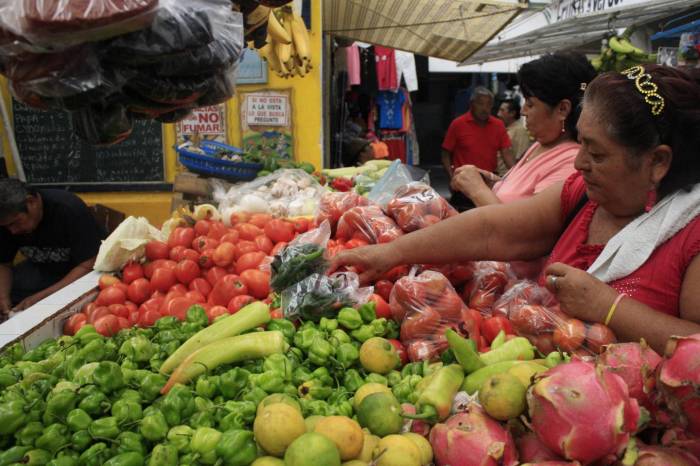10 Mexican products in United States that could be affected by Trumps policy.


Since the election campaign Republicans and Donald Trump have been working on the edification of the well-known border that separates Mexico from the U.S.
With the idea ready there was only one question to answer, who’s paying for the construction?
During election, Trump promised that Mexico would pay for the wall but since Mexico has refused to even consider on paying, there was only one way to go, the imposition of a 20% tax on imported goods.
It’s not clear if Trump would go ahead with the threat. But in the case he does, there are 10 Mexican products in the States that could be greatly affected by a tax increment.
According to the U.S. commerce department, cars and auto parts are the largest product imported from Mexico. The U.S. brought in $21.5 billion worth of motor vehicles in the first 11 months of 2016 and reached about $51.6 billion through November.
But the States import a lot more than just cars, according to the United Nations Commodity Trade Statistics Database; American companies import a lot of computers and electronic equipment, as well as appliances as refrigerators, air conditioners and centrifuges. Last year the U.S. imported $49 billion on machinery and $63 billion on electrical machinery.
Mexico is also the second largest supplier of agricultural products in the U.S.A. There is a total of $21 billion worth of vegetables, fruit and foods. The most popular items are avocados, tomatoes and berries; the nation’s trade representative affirms that there was $4.8 billion of imports on fresh vegetables, $4.3 billion on fresh fruit, $1.7 billion on snacks food and $1.4 billion on processed fruit and vegetables.
Also there is a lot of mineral fuels coming to the States from Mexico, Imports reached $14 billion last year. While optical and medical instruments got $12 billion.
Then theirs is the beverages. The U.S. imported $2.8 billion of alcoholic beverages from Mexico. That includes the beers Corona, Modelo Especial and Dos Equis and the many types of Tequila that the country is well known for.
Although, many details remain unclear on the plan to tax imports some experts have panned and criticized the idea.
“The irony of putting a tariff on Mexican goods is that, to extent it raises consumer prices in the U.S., consumers will be paying for the Wall, not Mexicans producers” says William Gale, co-director of the Tax Policy Center.
In other words, to cover the extra 20% of tax companies would be force to raise their prices passing the costs to their customers. Eventually North Americans would be the ones paying for the wall.





